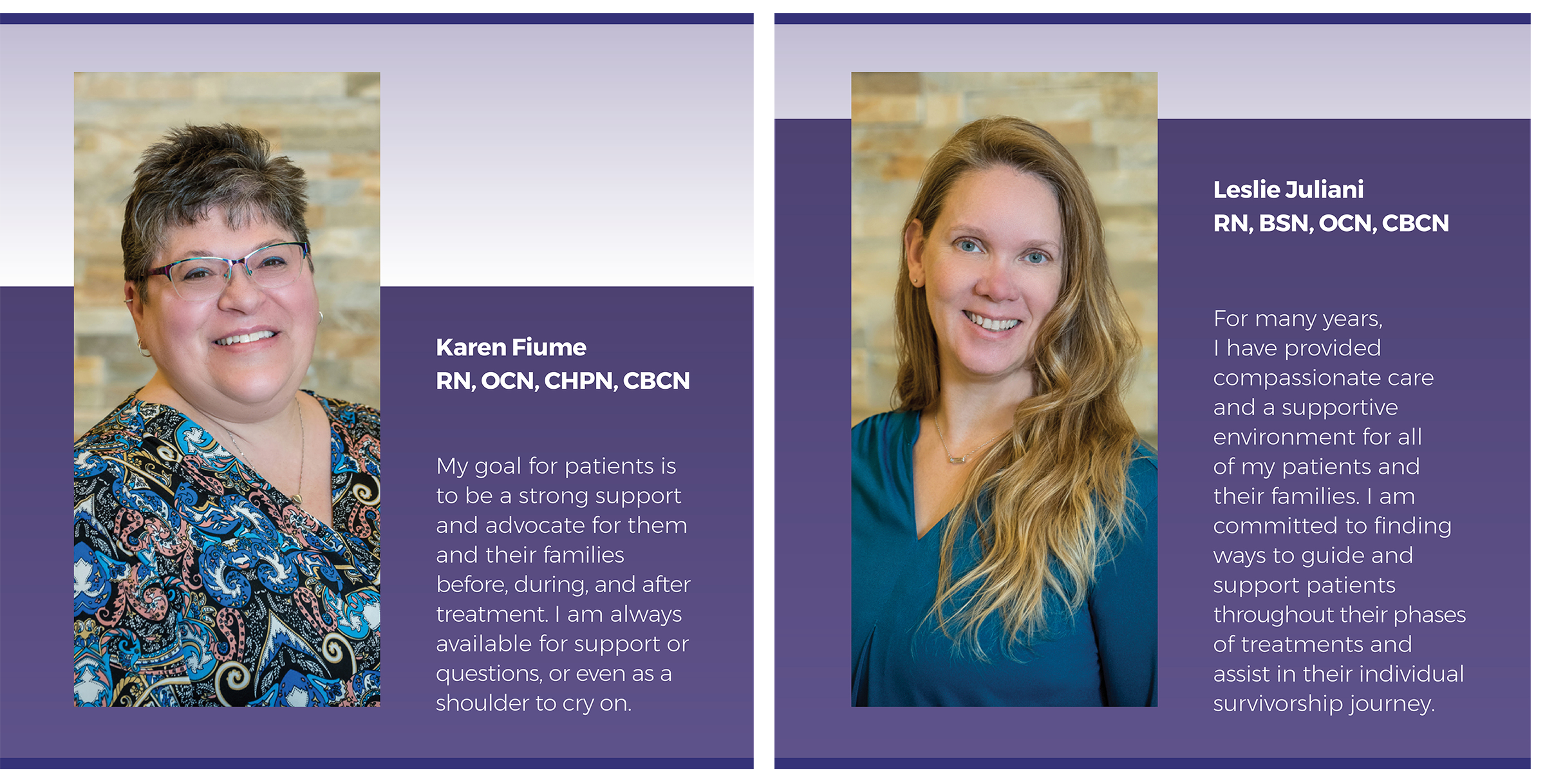Skin Cancer Prevention
Skin cancer is the most common cancer in the United States, with more than 9,500 people being diagnosed every day, and more than 2 people dying of skin cancer every hour. At least one in five Americans will develop skin cancer by the age of 70!
What is Skin Cancer?
Skin cancer is the growth of abnormal cells in the epidermis that triggers mutations that lead skin cells to multiply rapidly and form malignant tumors. There are three main types of skin cancer:
Basal Cell Carcinoma
This is the most common skin cancer with an estimated 3.6 million cases diagnosed each year. It forms in the outermost layer of the epidermis. This type of skin cancer can look like a flesh-colored round growth, pearl-like bump or a pinkish patch of skin. They are common on the head, neck and arms but can form anywhere on the body.
Squamous Cell Carcinoma
This is the second most common skin cancer with an estimated 1.8 million cased diagnosed each year. It forms in the flat cells that makeup the surface of the skin. This type of skin cancer can look like a red firm bump, scaly patch or a sore that heals and re-opens. They are commonly found on skin that gets frequent sun exposures such as rim of the ear, face, neck, arms, chest and back.
Melanoma
This is considered the most serious form of skin cancer because it can spread to other areas and systems of the body. It forms in the melanocytes, the skin cells that make pigment. This type of skin cancer can develop within a mole or may appear as a new dark spot on the skin.
Common Signs of Skin Cancer
The most common sign of skin cancer would be a change in your skin: a new growth, a sore that doesn’t heal or a change in a mole. For melanoma specifically, it is important to remember the ABCDE’s when looking for symptoms:
Asymmetrical. If a mole or spot is an irregular shape with two parts that look different
Border. If the border of the mole or spot is irregular or jagged
Color. If the color of the mole or spot is uneven
Diameter. If the mole or spot is larger than the size of a pea
Evolving. If the mole or spot has changed during the past few weeks or months
Those with fair skin are more likely to develop skin cancer, however, darker-skinned individuals can also be affected and are often diagnosed at a later stage.
The high-risk population for skin are those who:
- Have a family history of skin cancer.
- Have irregular, large, or numerous moles.
- Have freckles and burn before tanning.
- Have sun damage to skin such as liver spots or rough skin patches.
- Have fair skin, blue or green eyes, or blonde, red, or light brown hair.
- Spend a lot of time outdoors in the sun.
- Get too much exposure from the sun, tanning beds, or sun lamps.
- Spend time outside between 10 a.m. – 4 p.m. UV rays are stronger during spring and summer months, and exposure to UV rays can still happen on a cloudy day just as much as a sunny day.
Preventative Tips
To prevent the onset of skin cancer, follow these tips:
- Be mindful of your sun exposure.
- Wear a shirt or UV protective layers when in the sun for long periods of time.
- Use sunscreen with broad spectrum protection with SPF values of 30 or higher. People who use sunscreen daily show 24% less skin aging than those who don’t use sunscreen daily.
- Wear protective accessories such as sunglasses or a hat.
- Avoid tanning beds and sun lamps.
Treatment and More Information
As with any cancer, treatment of skin cancer is easier and often curable if it is found early. The best effort for early detection is to schedule a routine total body examination by your doctor. At this appointment your doctor will look for any suspicious moles or spots. If any suspicious areas are found or identified, your doctor will take a biopsy to find out if it is cancer or not and treatment will move forward from there. Please also do self-checks throughout the year to be aware of changes to your moles or new spots that may arise.
Oncology Navigation Care Team
If you have any questions about screenings or cancer care, reach out to our Oncology Nurse Navigators who can help provide all the information and education you need, as well as help you through the system if you are diagnosed with skin cancer, or any cancer.
Connect with us! 860.646.1222 ext. 1408 or ext. 1406

Resources
American Academy of Dermatology Association (AAD)
Types of Skin Cancer
Skin Cancer Foundation
Skin Cancer 101
Centers for Disease Control and Prevention
What are the Symptoms of Skin Cancer?
Skin Cancer Foundation
Skin Cancer Facts & Statistics




